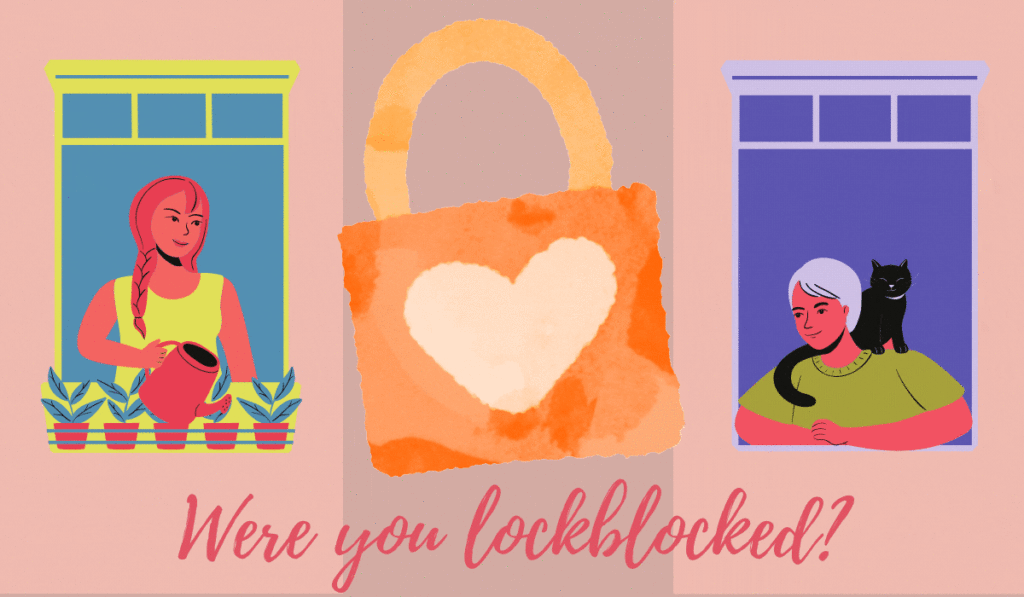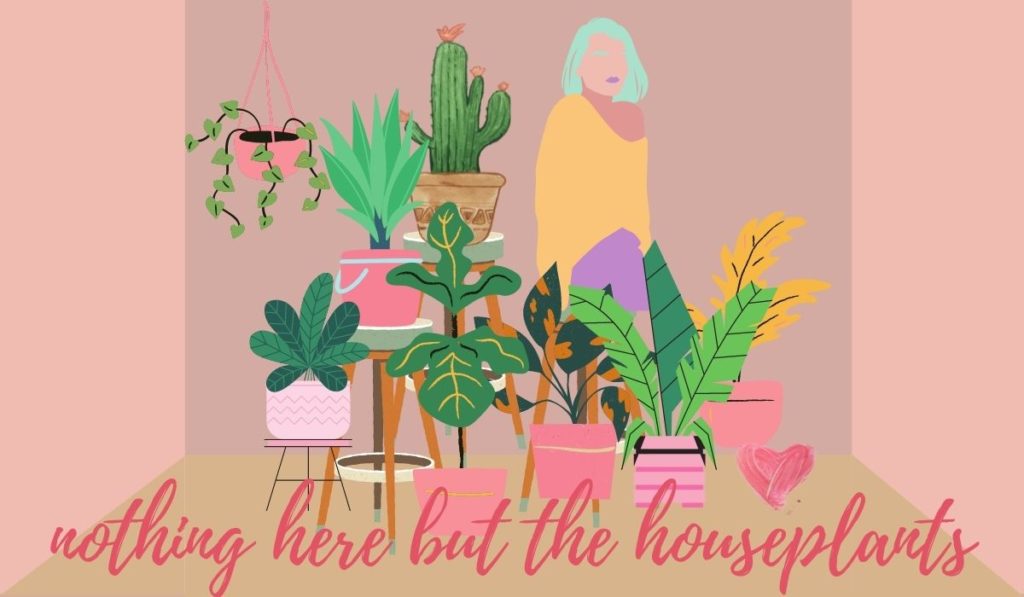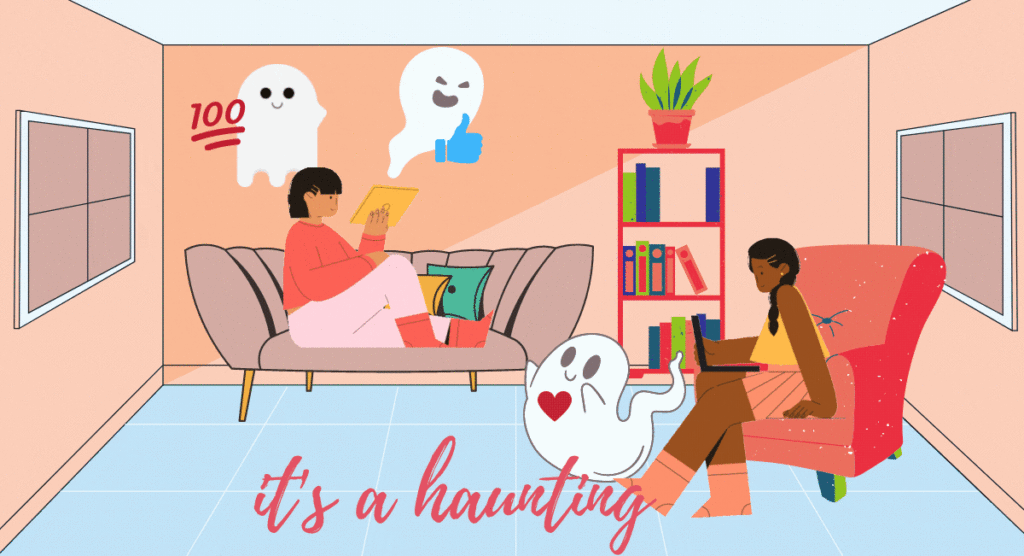These pandemic dating trends are here to stay
 July 9, 2021
Category: Featured, Long, Purpose
July 9, 2021
Category: Featured, Long, Purpose
Disclosures
This guest column was written by Danielle Selber, a matchmaker and culture writer living in Philadelphia.As Philly plows full speed ahead into hot vax summer, dating seems to be taking on a charmingly sweet, sepia-toned hue that it hasn’t had in a long time.
Like so many things that were old news pre-pandemic, the act of dating suddenly feels fresh and novel, maybe even fun. A date you would have cancelled in February 2020 (“it might snow…”) is now butterfly-inducing, full of possibility and promise and totally worth putting on jeans.
While the Pleasantville wholesomeness will likely recede, new ways of dating and interacting which were borne out of the necessity and/or nihilism could be here to stay. A new lexicon sprung up to describe the hyper-specific experience of dating during a global pandemic (or “Rona,” as it was called). Let’s see what sticks around.
Lockblocked
Quarantine, lockdown, shelter in place, something about killer hornets… there were a lot of reasons to hunker down this year. Lockblocked was quickly coined by OKCupid to describe a date cancelled due to a restriction of the pandemic.
Sometimes this was an actual legal order (the government is in our bedrooms after all!) to shelter in place, where dates were cancelled right alongside weddings and library overdue fees.
Quarantine requirements led to their own scheduling problems. If your date was exposed to a potential or confirmed COVID case, they were usually required to quarantine for two weeks — in context, 14 times as long as a mutual match on Bumble lasts.
Even with unlimited time, no one was waiting around for you.
Houseplanting
Like many inequities, the loneliness epidemic was exacerbated by pandemic, with those who were already prone to loneliness feeling the isolation most acutely. This was true of senior citizens and also Gen Z and Millennial singles, many of whom were living alone and in the heart of the once-busy city.
While some were generally okay to hunker down with strong wifi, there were also those who would rather be with a human, literally any human, rather than be alone. For these folks we have the term houseplanting, a coordinated, planned effort to get yourself locked down with someone in their home.
Like a low-light plant in a terracotta pot, someone who is houseplanting strives to be something their host feels obliged to keep alive but also sometimes forgets is even there. This usually ended one of two ways, with a relationship that was pushed forward in hyperspeed (“we’re engaged!”), or the people parting ways and literally never seeing each other again.
Fleabagging
Like Tiger King and Love is Blind, Fleabag’s resurgence in popularity during pandemic (it premiered in 2016) was a product of content-hungry quarantiners looking for compelling, new-to-them stories to consume. Fleabag’s unnamed heroine, with her deadpan breaking of the fourth wall and inability to break her toxic dating patterns, was All Of Us.
Fleabagging means dating the same person over and over again — sometimes literally, like going back to a terrible ex or responding to a “U Up?” text; and sometimes dating someone who, while technically inhabiting a different human body, had all the toxicity and shortcomings of everyone you dated before.
Ghosting, the evolution
One of my rules for people I match is NO GHOSTING ALLOWED. Ghosting is one of the more universally-known dating terms because it sounds like what it is — disappearing completely from a person’s life after going on a date, or even being in regular communication. I know someone who got ghosted after nine months of dating someone; when she called his mom to find him, the phone line had been disconnected.
During pandemic, a crop of suspiciously similar ways of screwing someone over rose from the ground, skeleton-like, into the dating milieu. With life spent mostly online, ghosting morphed into haunting — when a person who had ceased communication with someone pre-pandemic suddenly started liking their IG posts from 2016 and watching their snap story so often that it started a streak.
There was also the more direct approach of breadcrumbing, where the person maintains juuuust enough text or voice communication (Bernie Sanders memes count) to keep the person on the hook and keep the options open… hey, that has a name too! It’s called submarining, when you think you have been full-on ghosted by someone, then out of the blue they text you like no time has gone by.
Lovebombing
There was one bright-ish result of an otherwise messy time to date. Times of lockdown and distancing meant less opportunities to meet someone IRL, and that meant it was harder to get love-bombed.
Lovebombing is when a person meets someone new and instantly presses the gas on that relationship. Over the course of a whirlwind few weeks they might shower this person with gifts and compliments, have five-hour conversations about the meaning of life and the names of their future children, and probably drop a preemptive L word along the way.
Then, they totally 100% disappear. This can be particularly crushing because the strong interest was initiated and perpetuated by the other person from day one!
That false sense of security and sudden reversal messes with your sense of reality, like a gaslighting cousin of ghosting. With fewer ways to meet someone new and be suddenly swept off your feet — the tricks of lovebombing just don’t fly over video chat — this trend, at least, was dormant for much of the past year and a half.
Cushioning
Cushioning is a pandemic-specific packaging of an old standby — softening the blow of an eventual breakup by decreasing communication and visitation slowly, subtly, almost imperceptibly. The recipient of this treatment usually gets fed up enough to break it off, and if not you can send a final text/nail in the coffin.
The always evolving nature of COVID guidelines provided a fail-safe excuse to cancel any date, no questions asked, so all you had to do was use any version of “Just in case…” or “I have a tickle in my throat…” and you could easily go without seeing someone for months.
Trending News













